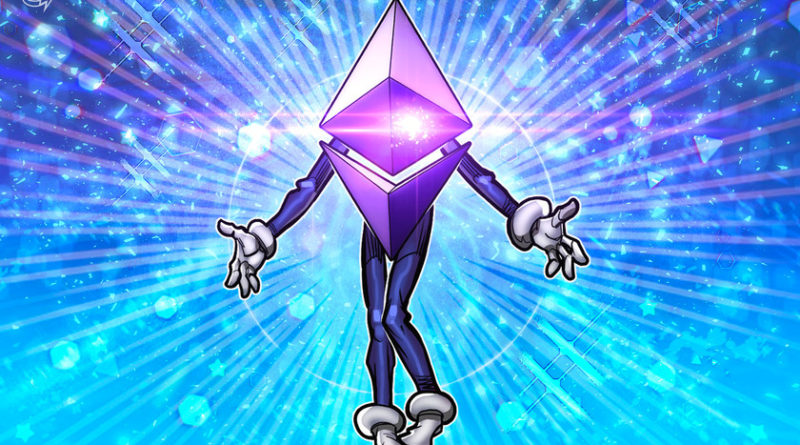Ethereum’s popularity ‘a double-edged sword’ — a16z’s State of Crypto report
“Ethereum’s overwhelming mindshare helps explain why its users have been willing to pay more than $15 million in fees per day on average just to use the blockchain,” a16z stated.
Crypto venture fund giant Andreessen Horowitz (a16z) has highlighted that development and demand on Ethereum is “unmatched” despite the network’s high transaction fees.
The firm does warn, however, that its “popularity is also a double-edged sword” given Ethereum prioritizes decentralization over scaling, resulting in competing blockchains stealing market share with “promises of better performance and lower fees.”
The comments came via a blog post introducing a16z’s 2022 “State of Crypto” report, with the firm’s data scientist Daren Matsuoka, head of protocol design and engineering Eddy Lazzarin, General Partner Chris Dixon, and head of content Robert Hackett all working together to provide five key takeaways from the study.
Outside of Ethereum, the report focuses on topics such as Web3 development, crypto adoption rates, decentralized finance (DeFi) and stablecoins.
Introducing a16z’s 2022 State of Crypto Report
A lot has changed since we started investing in crypto nearly a decade ago.
Here are 5 key takeaways from the a16z crypto web3 industry survey and data analysis by @darenmatsuoka, @eddylazzarin, @cdixon & @rhhackett ⬇️ pic.twitter.com/JFLXbNh03u
— a16z (@a16z) May 17, 2022
According to data from the report, Ethereum towers over the competition in terms of builder interest, as the network has around 4,000 active monthly developers compared to second-ranked Solana (SOL) at 1,000. Bitcoin (BTC) and Cardano (ADA) are next in line at roughly 500 and 400 apiece.
The analysts noted that “Ethereum’s lead has much to do with its early start, and, the health of its community” but emphasized the significance of development continuing to surge on the network despite high transaction costs:
“Ethereum’s overwhelming mindshare helps explain why its users have been willing to pay more than $15 million in fees per day on average just to use the blockchain — remarkable for such a young project.”
The demand for Ethereum can also be seen across the report’s estimated transaction fees paid on a blockchain over a seven-day average (calculated as of May 12), with the data showing that Ethereum accounts for $15.24 million. To provide contrast, BNB Chain, Avalanche, Fantom, Polygon and Solana account for roughly $2.5 million worth of fees combined.

The report notes that Layer-2 scaling solutions are fighting to bring Ethereum’s fees down and transaction speeds up, while also pointing out that long-awaited upgrades are coming to Ethereum to make the network more efficient and cost-effective.
The “long awaited” upgrades can’t happen soon enough however and a16z also highlighted in the report that over a 30-day average (as of May 12), active addresses and transactions on competing blockchains including Solana, BNB Chain and Polygon are already well ahead of Ethereum.
Related: Ethereum analytics firm Nansen acquires DeFi tracker Ape Board
The data shows that Ethereum has 5.5 million active addresses that account for 1.1 million daily transactions, while Solana has a mammoth 15.4 million active addresses and 15.3 million daily transactions. BNB Chain ranks in third with 9.4 million and 5 million, while Polygon totaled around 2.6 million and 3.4 million. The analysts concluded it won’t be a winner-takes-all situation.
“Blockchains are the hit product of a new computing wave, just as PCs and broadband were in the ‘90s and 2000s, and as mobile phones were in the last decade. There’s a lot of room for innovation, and we believe there will be multiple winners.”
Other key takeaways from the report included the DeFi sector’s total value locked of roughly $113 billion would make it 31st largest bank in the U.S., estimations that Web3 adoption could hit 1 billion users by 2031 and that NFTs have generated $3.9 billion worth of revenue for creators so far.



